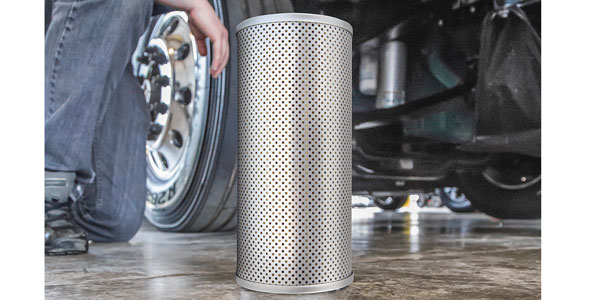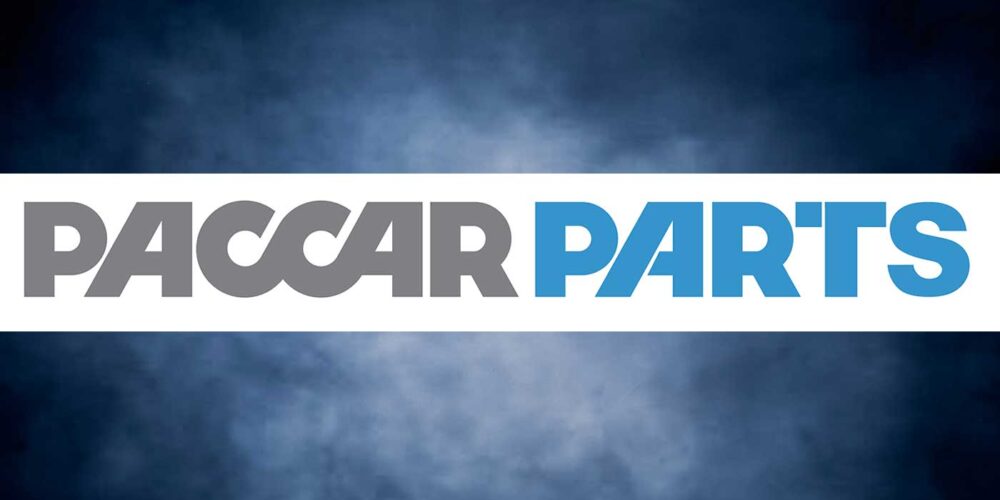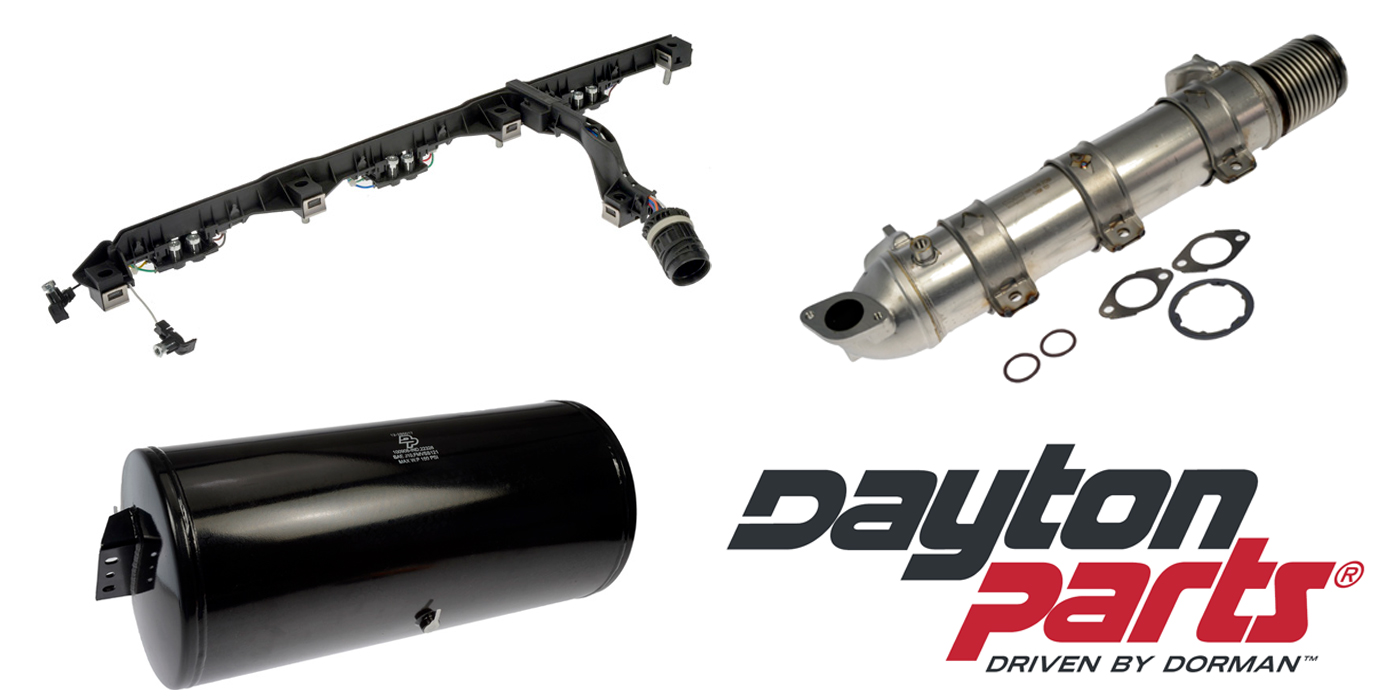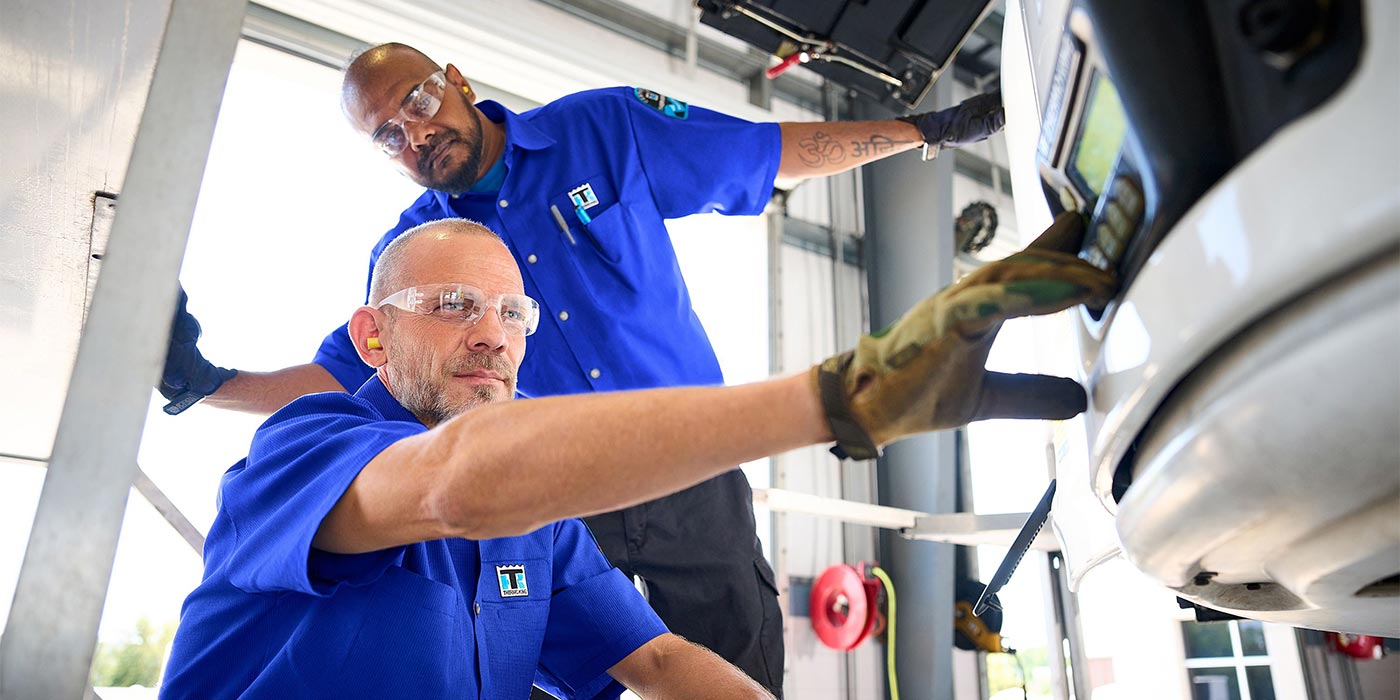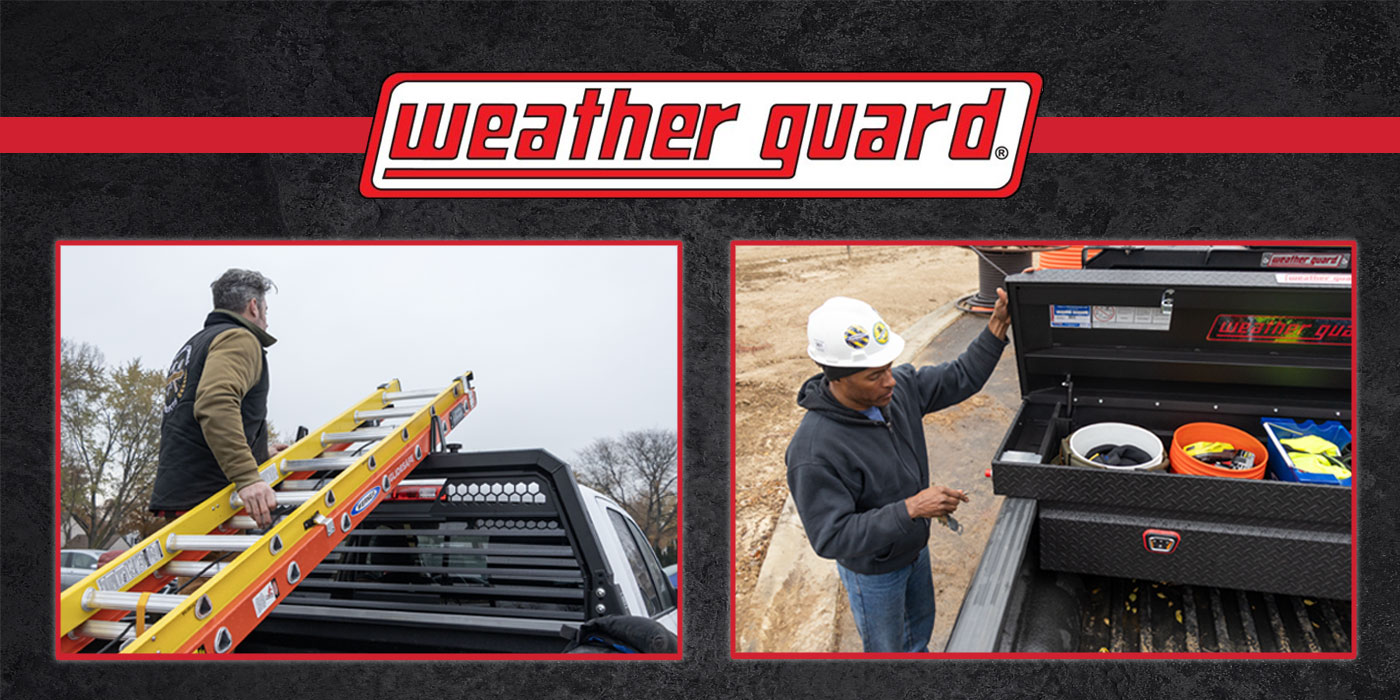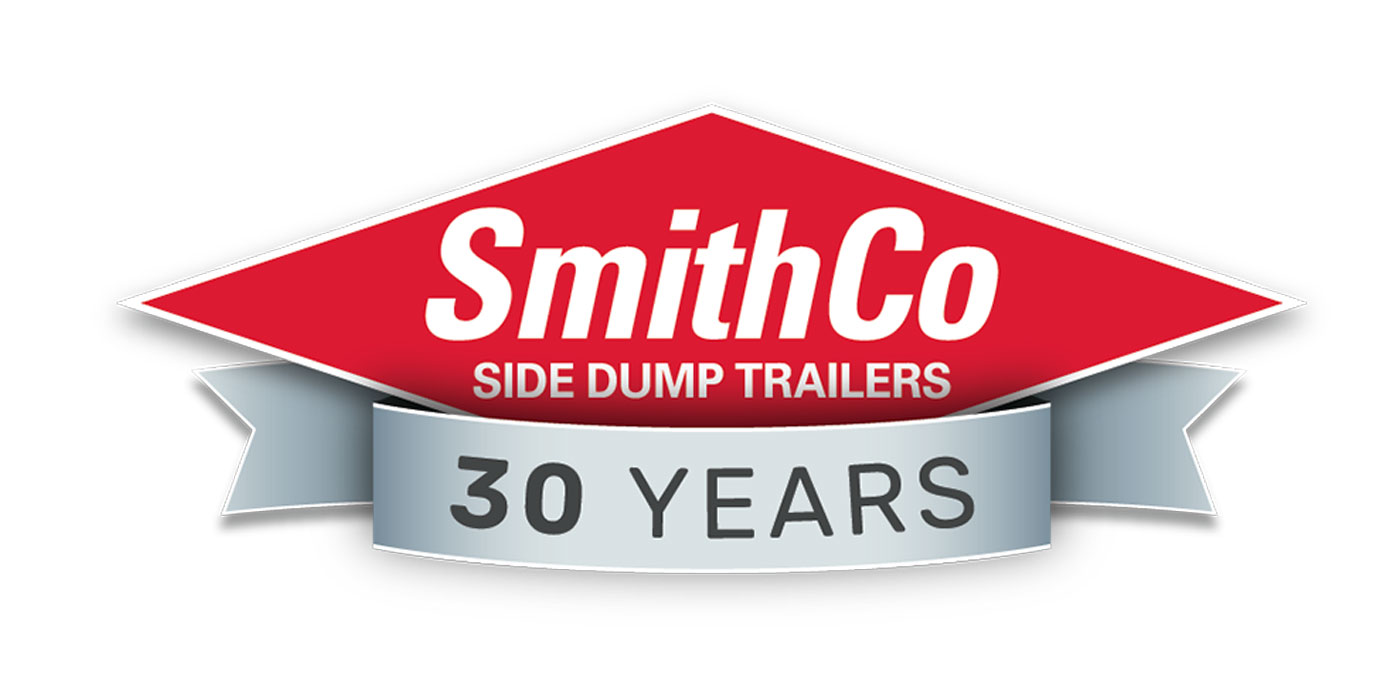For fleets, the difference between profit and loss often depends on keeping operating costs low by making sure all systems within your vehicles are delivering peak performance. One important system that is sometimes overlooked is a truck’s hydraulic system. Quality, reliable hydraulic filtration is vital to reducing wear, guarding against system failure and achieving maximum equipment uptime and performance.
In general, minimizing maintenance costs requires contaminant control practices that identify specific problems and provide guidance in choosing the most efficient and dependable filtration solution. Removing particles that are large enough to be harmful to vehicle systems prevents damage and allows the longest possible filter service life.
According to Servo Kinetics, a manufacturer of hydraulic pumps, fluid contamination contributes to 90% to 95% of all hydraulic system failures. If not controlled, contaminants and particles that are too small to be seen with the naked eye can reduce hydraulic system efficiency.
For example, contaminants that become trapped or stuck in equipment clearances can cause excessive wear and internal leakage of fluid. Less fluid contained within the pump, motor or cylinder will decrease efficiency and ultimately cause hydraulic system failure.
Fluid contamination also decreases the ability of valves to control flow and pressure accurately while wasting horsepower and generating excess heat. Sticking parts due to sludge or silting and the collection of fine particles in critical areas will impair proper hydraulic system operation.
RELATED: Read our full story on identifying and fixing heavy-duty filter issues here.
Compounding the problem is the fact that hydraulic system performance can be compromised long before there is any indication that something may be wrong. This makes it especially important to use high-quality hydraulic filtration. Here are a few of the features and capabilities you should look for in a heavy-duty hydraulic filter:
- Construction using the highest quality components that meet the most stringent testing criteria to maintain collapse strength, filtration performance and hydrostatic burst strength;
- Adherence to SAE and ISO test procedures to ensure OE manufacturer warranties remain in effect when using the filter;
- Filter media that is extremely efficient at removing harmful particles and contaminants in the hydraulic fluid with minimal pressure drop.
- Hydraulic filter efficiency is measured by the contamination levels going into and coming out of the filters. Also referred to as the Beta Ratio, this formula for calculating the particle-removing efficiency of filter media gauges the relationship between upstream and downstream particle counts.
For example, let’s say a filter test shows 1,000 particles at 15 microns or larger upstream and 50 particles at 15 microns or larger downstream. To calculate the Beta Ratio, simply divide the upstream count (1,000) by the downstream count (50) to get a Beta15 ratio of 20. Next, divide the ratio into 100; in this case, the answer would be 5. Subtract that answer from 100 to get the efficiency; in this case, the filter is 95% efficient at removing particles at 15 microns or larger.
Just like a heavy-duty vehicle’s other systems, hydraulic systems will always need protection from harmful contaminants in the operating fluid. Regular hydraulic filter maintenance is the most effective way to minimize contaminants and protect your equipment investment.
This article was contributed by Layne Gobrogge, director of heavy-duty marketing for Luber-finer.

